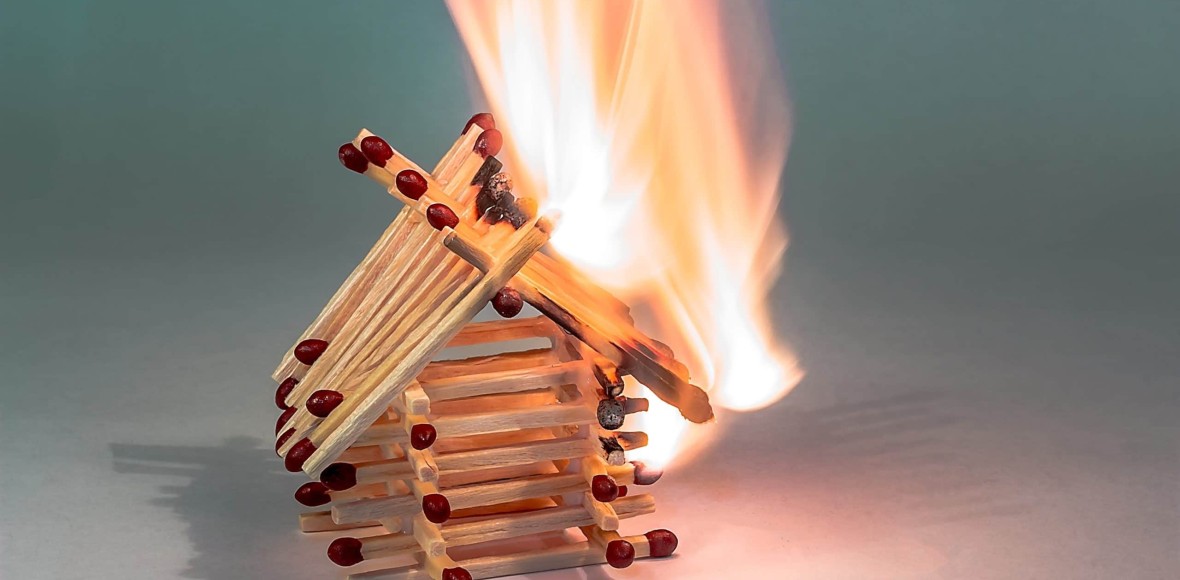
…follow these fire prevention tips!
From keeping us warm to cooking our food, fire is one of the main reasons humans survived for so long. But for all its usefulness, fire has also been a source of danger.
According to FEMA, there were nearly 1.5 million house fires in 2019 (the latest year for which they have data), causing more than $14 billion in damages.
Unlike hurricanes, tornadoes, and other natural disasters—many home and office fires are preventable. But too many people don’t realize the steps they should have taken until it’s too late. In this article, we’ll go over our top 10 fire prevention tips to keep you and your family safe.
Stocking the house or office with fire extinguishers and coaching your kids to dial 911 isn’t enough. When it comes to fires, an ounce of prevention is a pound of cure.
Whether you’ve asked yourself “How does a fire prevention plan benefit your workplace?” or you’re trying to make your home a bit safer for your family, a fire prevention plan is something that every building should have in place.
This is key when you have multiple people living in your house (especially if some of them are children) or a bustling office with a large employee roster, knowing which doors to use, who helps who out, and where to go is the key to keeping people safe in the event of a fire.
We all remember “stop, drop, and roll,” but so much more goes into being safe during a fire.
Make sure to teach each member of the family about smoke inhalation prevention, how to feel a door for heat, and how to safely break a window if needed. If you have children, remind them to stay away from fire sources such as grills, fire pits, and fireplaces.
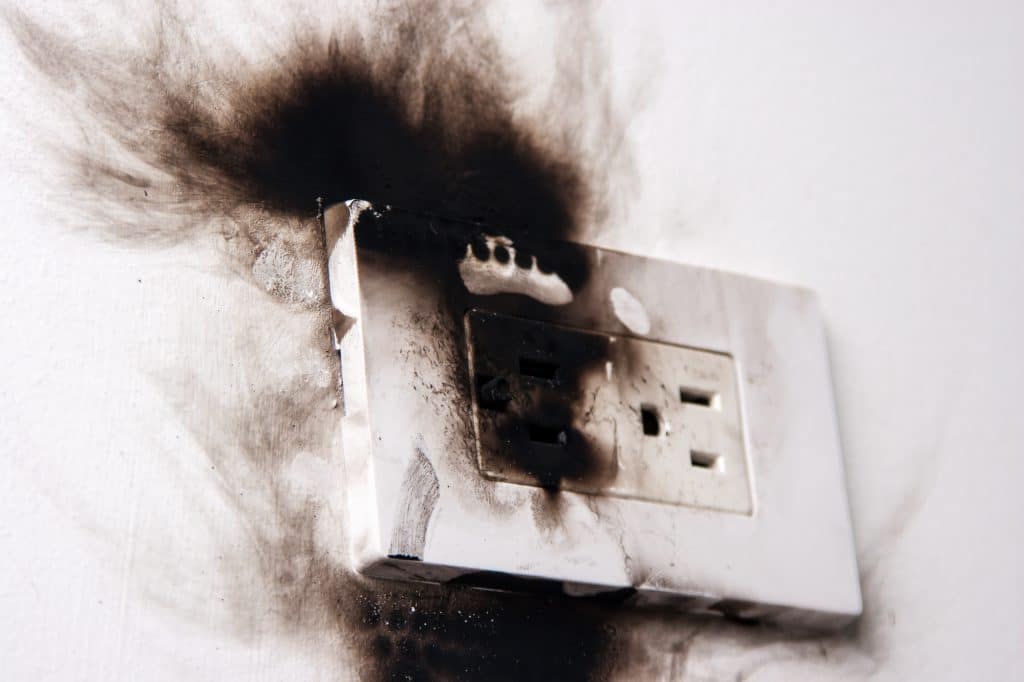
If your home is more than 40 years old, consider getting a professional electrical inspection to make sure that the wiring is safe to use.
Old, frayed wires and even certain fuse boxes can spark fires with little to no warning, so the cost of the inspection is well worth it.
Smoke detectors are your home’s first line of defense against fires.
Check the batteries in your smoke detectors at least once a month and replace the batteries every year. The entire unit should be replaced every 10 years.
If you don’t have them, call a handyman or service to install smoke alarms in and around sleeping areas.
Most home outlets should carry no more than 1,500 watts. Plugging too many things into one socket can increase your likelihood of sparking a fire.
Sure, maybe the outlet is more convenient than the one across the room, but it isn’t worth the fire hazard.
The wires inside electrical cords are covered for a reason. Exposed wires are much more prone to damage; and damaged wires are dangerous wires.
Cords that are frequently handled (i.e. plugged in, unplugged, moved around, thrown in a suitcase, etc.) should be regularly inspected to make sure they’re in good condition. Cords with fraying and/or exposed wiring should be replaced.
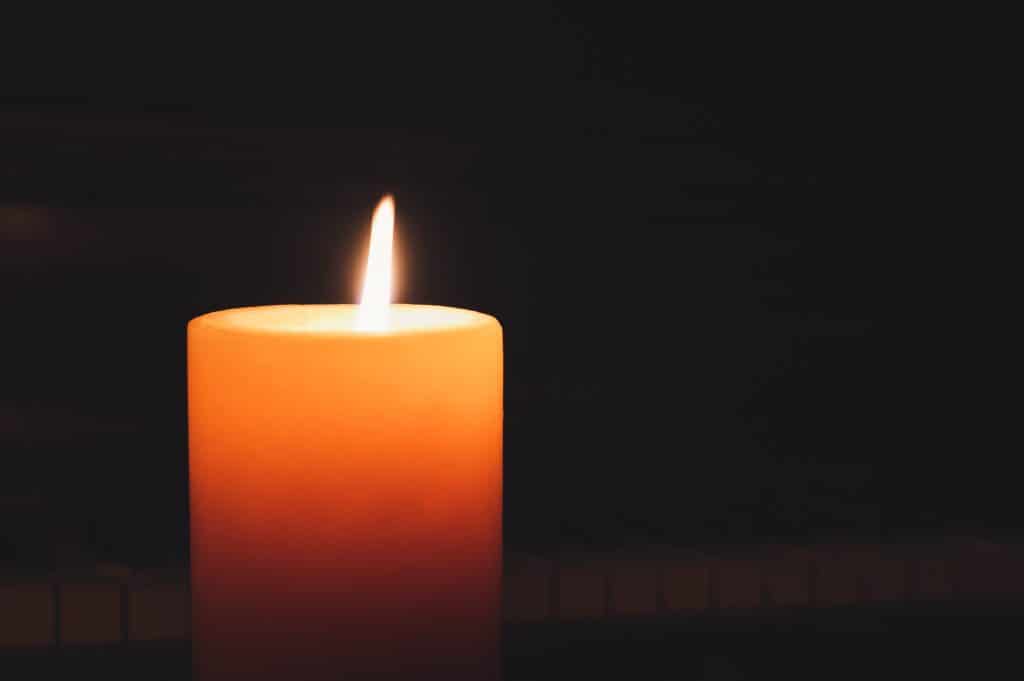
Candles create a lovely atmosphere, but don’t relax so much that you let your guard down.
Make sure to trim the wick to ¼” so the flame isn’t too high and never candles unattended. You should also make sure to keep lit candles away from any flammable objects.
A great alternative to typical candles is to get flickering, flameless candles. They still give that tranquil atmosphere without the real fire. If you just prefer a nice scent, opt for a candle warmer that will still release the aroma but without the flame.
If you’re a smoker, always smoke outside. A cigarette seems like such a small thing but, as small as it is, it can cause a huge fire if ashes fall on a dry surface. Never leave a cigarette burning while outside and don’t smoke while drinking or feeling sleepy. If some of your employees are smokers, have a designated smoking area outside and away from the building.
Better yet, make the decision to quit smoking entirely!
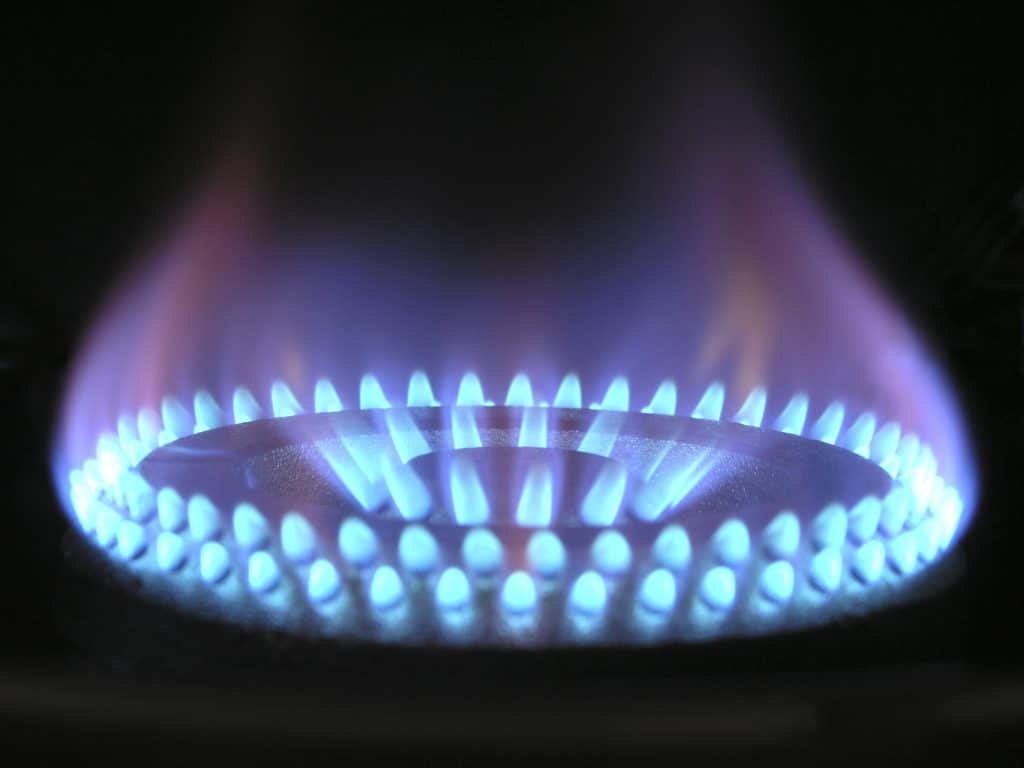
Even electrical stoves can cause a fire if you’re not careful.
Make it a rule in your house that, if the stove is on, someone is in the kitchen. Fluke things can happen if you leave the stove unattended, and it isn’t worth the risk. Set a loud timer that reminds you to check on your items.
Remember, never throw water on a grease fire! Cover the pan with a lid instead to smother the flame.
Surprisingly, dryers can be a fire hazard, too. (Think of how hot your clothes are when they’re fresh out of the dryer.)
Clean out the lint trap after every load and have a professional come out once a year for a deep clean.
In order to be adequately prepared for a fire, there are some supplies you can keep on hand. Remember, have a set prevention plan where someone is in charge of gathering supplies and handing them out. This helps create a sense of calm instead of panic in the event of a fire. Some supplies to consider are:
Between the lights, candles, and other fire hazards, it should come as no surprise that house fires are more common in December and January.
Luckily, there are a few things you can do to prevent fires during the holiday season and still enjoy your favorite traditions.
For many people, having lots of lights is what makes the holidays feel so magical. But it’s important to make sure you’re not overloading your circuits.
The general recommendation is to disperse them over several outlets and take into account what else is on that circuit. For example, if you have your oven and refrigerator plugged into one circuit, make sure you’re not plugging all of your lights into that same one.
Remember, LED lights (while more expensive) last longer and use a lot fewer watts, so you can use more of them together.
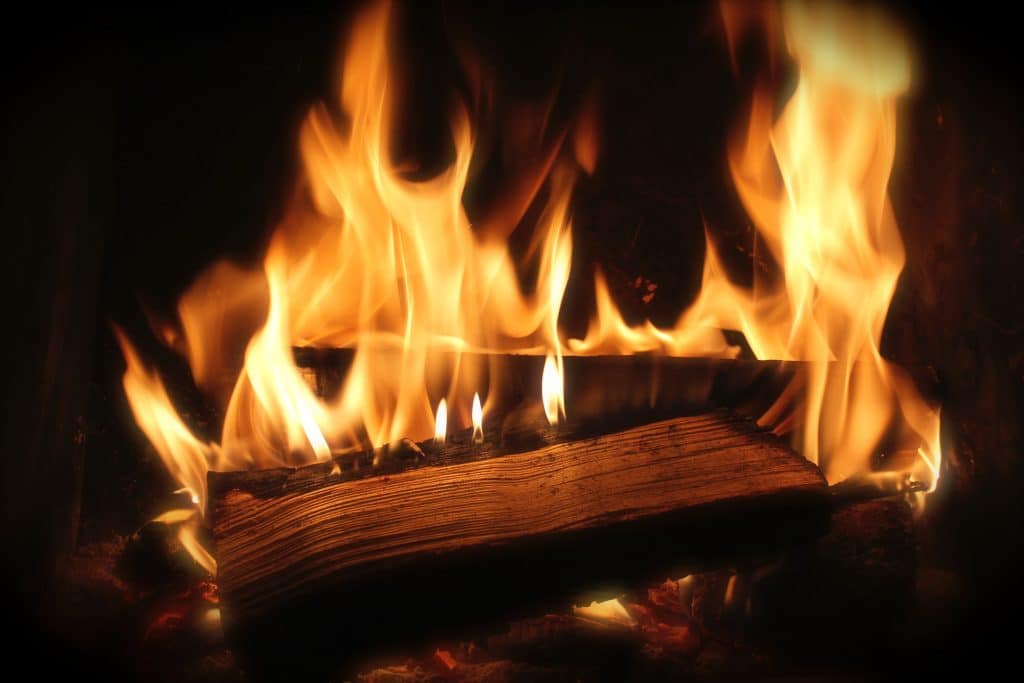
Fireplaces are one of the leading causes of home fires (yes, even in Florida). In fact, fireplaces tend to be more dangerous in Florida because they aren’t used regularly.
Debris and old soot can get caught in the chimney. Once you light a fire, it’s a recipe for disaster. Make sure you have your chimney professionally cleaned at least once a year.
If you’ve got a space heater, keep it away from loose clothing, curtains, and your Christmas Tree. When a tree begins to dry out, those pine needles can spark a quick fire!
Safer options include electric blankets, hot water bottles, or just an extra layer of clothing.
Hanging lights outside your home is a great way to spread joy to the neighborhood, but it can also spread a fire if you’re not careful.
Make sure to turn all lights off when you go to bed or leave the house. If you can’t keep an eye on things because there are visions of sugar plums dancing in your head, it’s not safe.
With Attention to Detail, You Can Prevent Fire Hazards
Most of the time, people go through their days without ever thinking about fire prevention. Please don’t learn the hard way!
Remember, fire prevention tips shouldn’t be scary, they should be reassuring. After all, it’s in your power to prevent a catastrophic event. If the worst should happen, we’ve created a guide for fire damage do’s and dont’s.
At Axel Works, we dread the thought of a fire ever causing damage or injury to anyone’s home, but we’re here to help you if it does. Give us a call to schedule an appointment so we can help with any fire damage and share some fire safety tips.
Leave a Reply